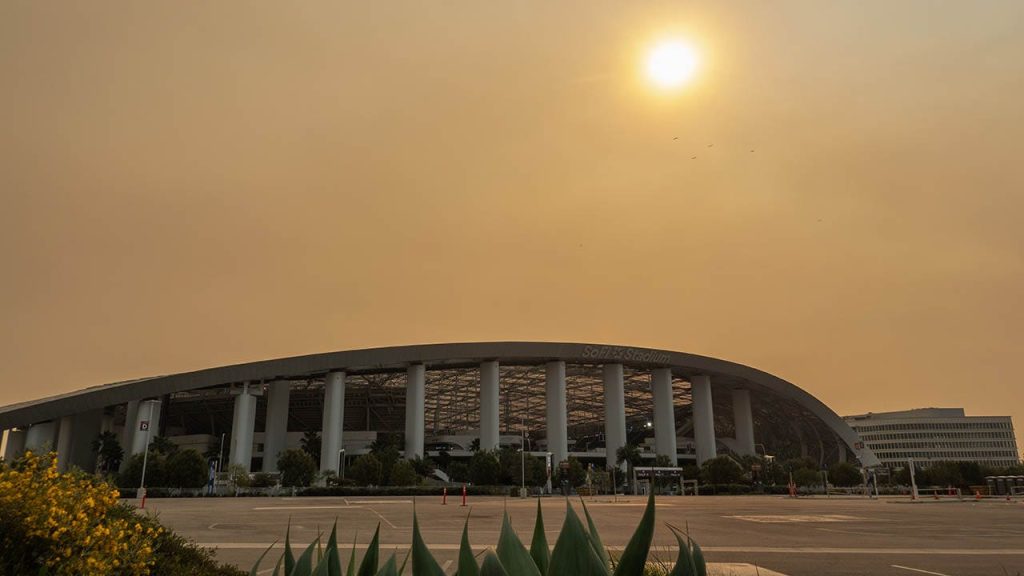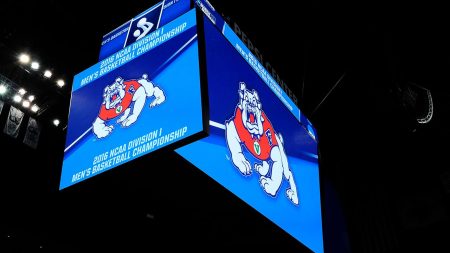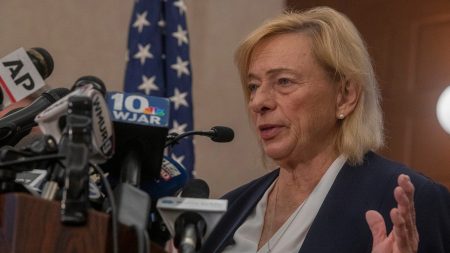The devastating California wildfires, fueled by fierce Santa Ana winds, have forced the displacement of thousands, including the Los Angeles Rams, an NFL team whose home stadium lies within the affected region. The fires, encompassing the Palisades Fire and Eaton Fire, have ravaged close to 30,000 acres, leaving a trail of destruction with five confirmed fatalities and over 1,000 structures destroyed. Faced with this catastrophic situation, the Rams organization faced the urgent need to relocate players, their families, staff, and even their pets to safety.
Stepping up in a remarkable display of inter-team solidarity, the Arizona Cardinals, the Rams’ NFC West rivals, initiated a rescue mission. Deploying two of their team aircraft, the Cardinals airlifted the Rams personnel and their animal companions—six dogs and two cats—to Arizona, providing a temporary haven from the encroaching flames. This gesture extended beyond simply offering refuge; the Cardinals also offered their home stadium, State Farm Stadium, and their training complex in Tempe to the Rams, ensuring the team could continue preparing for their crucial upcoming playoff game against the Minnesota Vikings.
The decision to relocate the game was not taken lightly. After considering holding onto hope that the situation might improve, the Rams recognized the gravity of the circumstances. Tony Pastoors, the Rams’ VP of football & business administration, aptly stated, “hope is not a strategy,” highlighting the need for concrete action in the face of the rapidly evolving disaster. The NFL, prioritizing public safety and consulting with relevant authorities, the teams, and the NFL Players Association, officially announced the game’s relocation to State Farm Stadium in Arizona.
This act of generosity and collaboration by the Cardinals echoes previous instances where State Farm Stadium has served as a temporary home for displaced teams. During the 2020 NFL season, disrupted by the COVID-19 pandemic, the San Francisco 49ers played three “home” games at the Arizona venue. Looking further back, in 2003, the Miami Dolphins and San Diego Chargers also found refuge at Sun Devil Stadium in Tempe, Arizona, due to wildfires impacting the San Diego area. These historical precedents underscore the stadium’s capability and the league’s willingness to adapt in times of crisis.
The wildfires, sparked amidst dry conditions and propelled by the powerful Santa Ana winds, rapidly spread through communities like Pacific Palisades and Altadena, forcing over 130,000 residents to evacuate. The speed and intensity of the fires presented an immediate and significant threat, demanding swift action to protect lives and property. The situation underscores the vulnerability of communities to natural disasters and the importance of preparedness and mutual aid in such emergencies.
This extraordinary situation highlights not just the devastation caused by natural disasters, but also the profound impact they have on professional sports. The Rams, in the midst of their playoff run, were forced to make rapid adjustments to their training schedule and game logistics. While the relocation to Arizona provides a temporary solution, it undoubtedly adds a layer of complexity to the team’s preparations. The disruption also impacts the fans, who now face logistical challenges if they wish to attend the relocated game. Despite these hurdles, the priority remains the safety and well-being of everyone affected by the wildfires. The collaborative efforts of the NFL, the Rams, and the Cardinals demonstrate the league’s commitment to navigating these extraordinary circumstances and ensuring the continuity of the season while prioritizing the safety and well-being of all involved.










